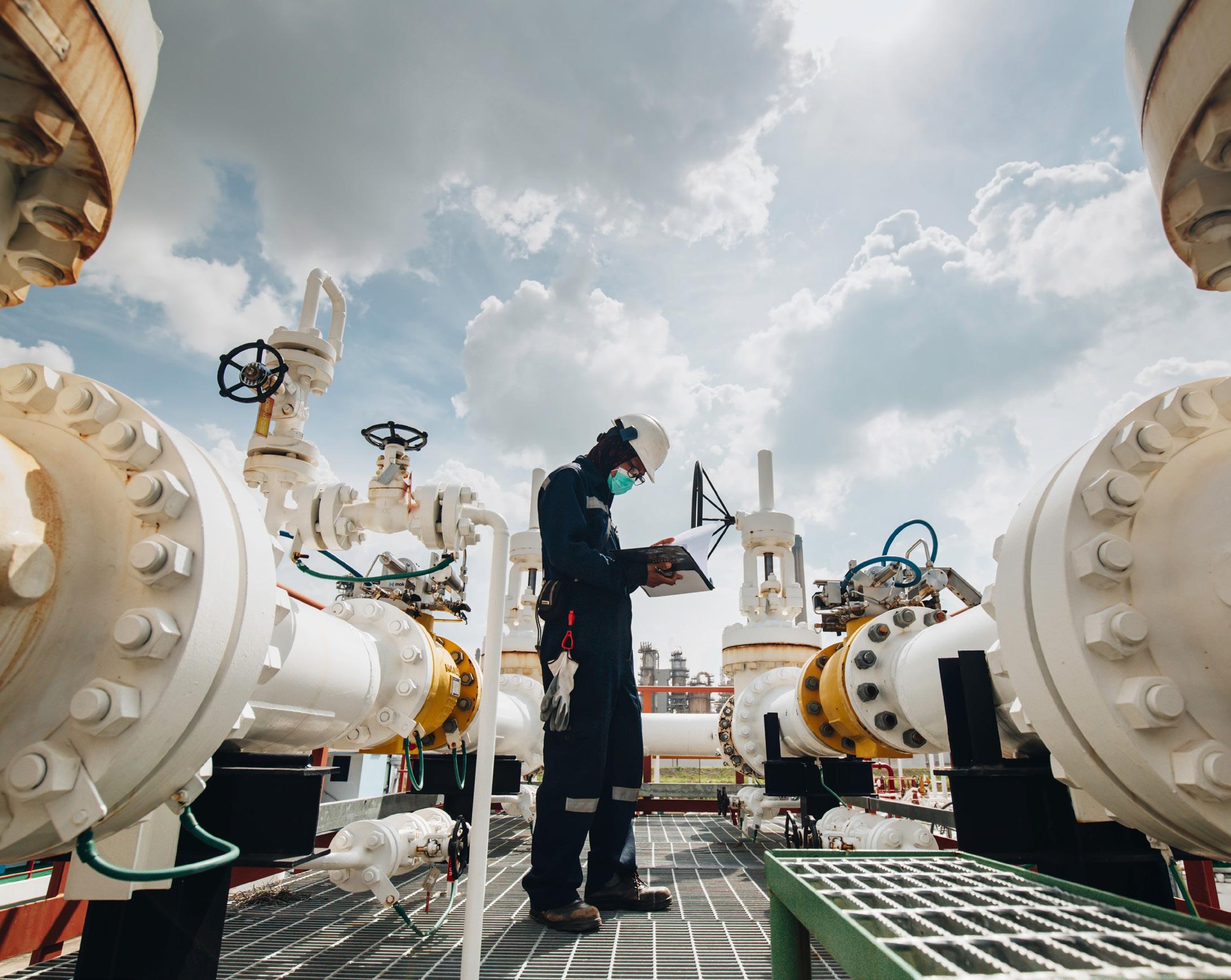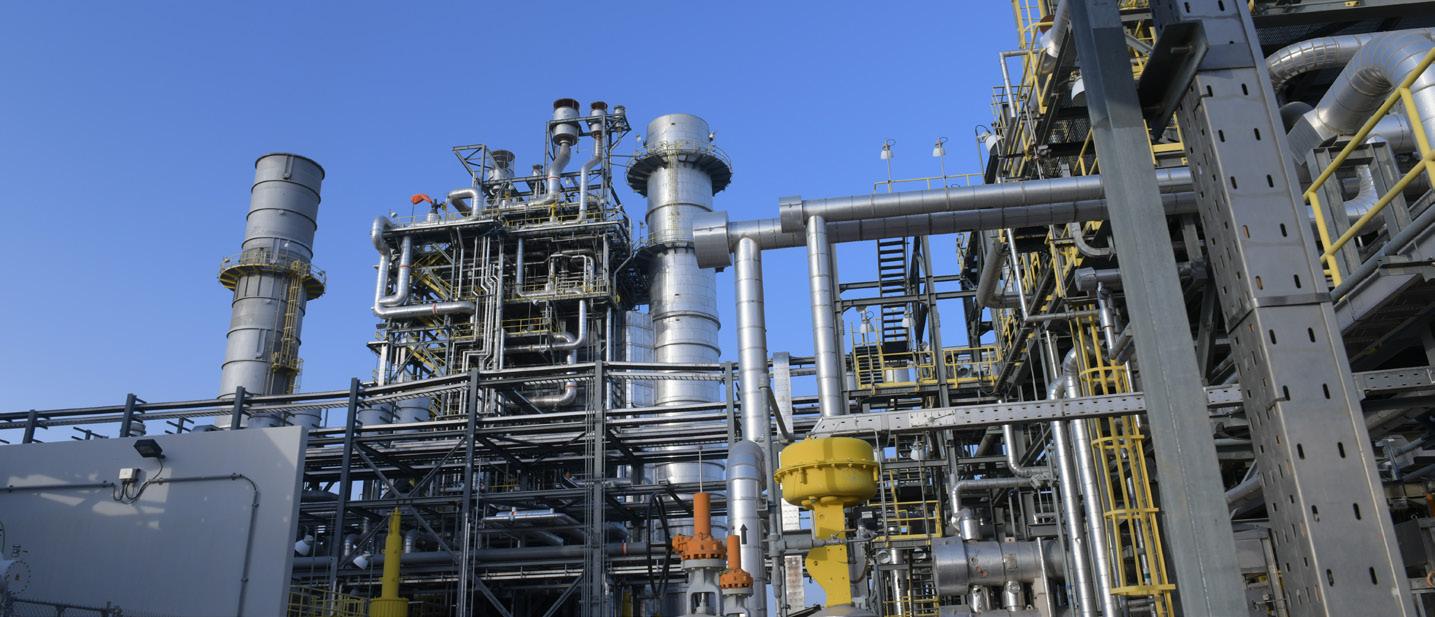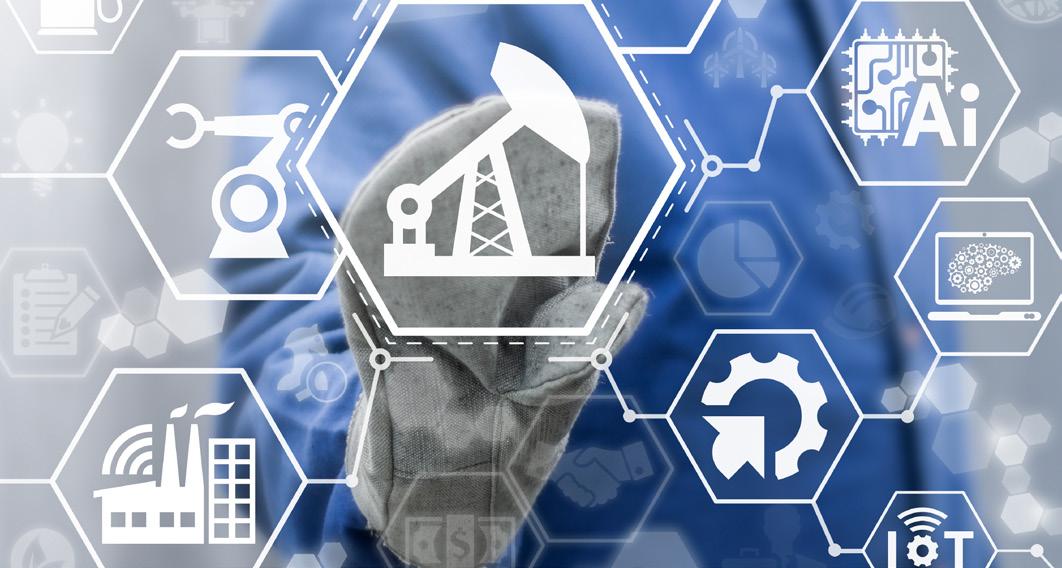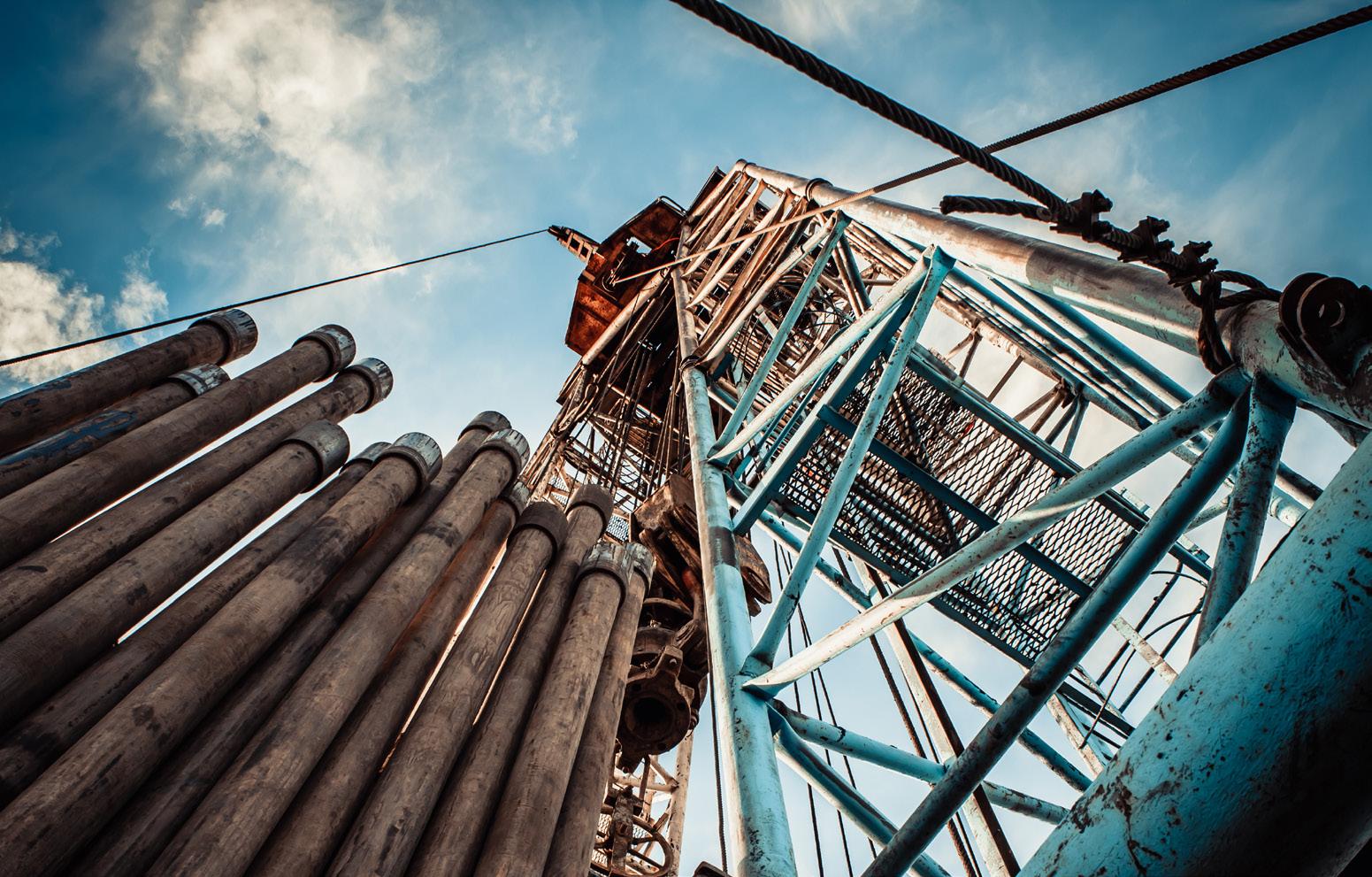
2 minute read
Assessing the Oil and Gas Sector’s Cyber Preparedness
Cybersecurity threats pose a significant risk to the oil and gas industry, with potential consequences ranging from compromised data integrity to jeopardising human lives. The recent ransomware attack on U.S. pipeline operator Colonial Pipeline highlights the escalating frequency and sophistication of such attacks, underlining the urgent need for enhanced cyber resilience measures across the sector.
According to experts, the vulnerability of oil and gas companies to cyberattacks extends beyond digital applications to encompass information systems (IT) and operational technology (OT). In light of this, Siemens Energy stresses the imperative for immediate action to safeguard critical systems, data, and personnel against cyber threats.
Ahmed Bakr, a senior cybersecurity officer (CSO) based in Jeddah, Saudi Arabia, underscores the industry’s susceptibility to cybercrime, emphasising the pressing need for proactive defence mechanisms. The Colonial Pipeline incident serves as a stark reminder of the devastating impact a single cyberattack can inflict, with the company compelled to halt operations along its extensive pipeline network, incurring significant economic losses.
A study commissioned by Siemens in 2017 revealed alarming statistics regarding cyber incidents in the U.S. oil and gas sector, with 68% of respondents reporting incidents of confidential data breaches or operational disruptions within a year. However, many organisations demonstrated a lack of awareness regarding the associated risks, highlighting the urgent need for heightened vigilance and cybersecurity preparedness.
Bakr underscores the evolving motives of cyber criminals, who are increasingly driven not only by financial gain but also by the desire to inflict physical harm and disrupt critical operations. Consequently, ensuring the security of operational technology assumes paramount importance in protecting human lives and preserving essential infrastructure.
The concept of layered defence, characterised by overlapping cybersecurity controls, emerges as a cornerstone of effective cybersecurity strategy. Siemens Energy advocates for a comprehensive approach to cybersecurity, encompassing product development, project execution, and supplier partnerships, to uphold stringent industry standards and fortify defences against evolving threats.
Siemens Energy offers a suite of cybersecurity solutions tailored to the unique challenges of the oil and gas sector, ranging from product certification to comprehensive consultancy services. By leveraging its global expertise and strategic partnerships, the company equips oil and gas companies with the necessary tools and knowledge to navigate the complex cybersecurity landscape effectively.
Ahmed Khalifa, technical sales manager for Cybersecurity in Dubai, highlights the importance of employee training and awareness in mitigating cybersecurity risks, citing studies that attribute a significant proportion of data breaches to human error. By fostering a culture of cybersecurity awareness and upskilling personnel, organisations can bolster their defences against cyber threats.
Despite the inherent risks associated with digitalisation, Siemens Energy contends that the benefits for the oil and gas industry far outweigh the potential drawbacks. Leveraging digital technologies such as artificial intelligence (AI) and remote monitoring enhances operational efficiency and asset management while mitigating cybersecurity risks.
AI-driven solutions such as Plant Security Monitoring represent a proactive approach to cybersecurity, enabling oil and gas companies to detect anomalies and deviations in plant behaviour indicative of cyber intrusions. By harnessing the power of digitalisation and AI, Siemens Energy aims to empower oil and gas companies to safeguard their critical infrastructure and embrace the transformative potential of digital technologies.










